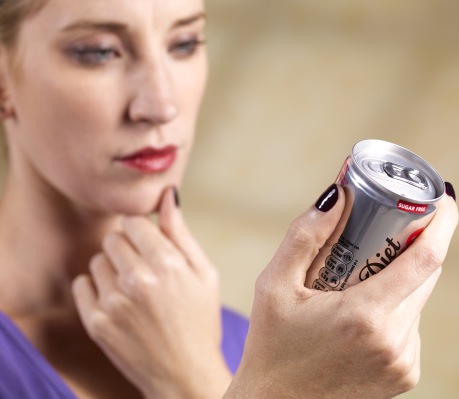
One of the most common and basic pieces of advice given to people trying to lose weight is “cut out the calories in soda.” It’s true that eliminating a 20-ounce pop from your diet each day will save you about 270 calories. Multiply this by 7, and you get about 1,900 calories per week. This means you could lose more than half-a-pound per week simply by cutting out a 20-ounce soda from your daily diet, since 3,500 calories is equivalent to one pound of body weight.
Although the logic works and applies to the lifestyles of many who are overweight or obese, Coca-Cola doesn’t want you associating drinking soda with packing on the pounds. As a result, the company is preparing to launch an ad campaign with a pretty simple message: it doesn’t matter where your calories come from – if you consume too many, you’ll put on weight.
Are All Calories Created Equally?
Coca-Cola is partially right, according to University of Minnesota Obesity Prevention Center associate director Simone French. A calorie is “just a calorie,” regardless of where it comes from, and eating more than you burn in a day will cause you to gain weight.
However, there’s one gigantic caveat, according to French: studies have indicated that our bodies have a very hard time detecting calories that come in liquid form. You can prove this for yourself. Think back to the last time you drank a 20-ounce Mountain Dew. Did drinking it fill you up the same way an English muffin with egg and cheese would? Both contain roughly the same number of calories, but the latter will do a far better job of satiating your hunger.
The other problem is that Coca-Cola products are popularly sold in 20-ounce and 1-liter bottles, and consumers often consume these products in a single sitting simply because they’re packaged this way. People looking to cut down their soda consumption would be wise to choose smaller 12-ounce and 16-ounce sizes, or to ensure that they don’t drink the entire bottle at once.
Integrating Soda into a Smart, Healthy Diet
There’s nothing wrong with enjoying a soda now and then, especially if the soda is small, so long as it’s considered a “treat” as part of a healthy, well-rounded diet. However, pop drinkers must remember that they’re drinking empty calories in soda – ones that contribute to weight gain, even though they provide little to no real nutrition.
According to French, most people only have about 100 to 150 calories they can still consume at the end of the day if they’ve already met their daily recommendations for dairy, protein, whole grains, vegetables and fruits, if their goal is to maintain their current weight. If you fall short in one of these categories from a calorie perspective and drink a soda instead, you may not gain weight, but you also won’t do your overall health any favors. If you do meet your quota for each of these categories but still drink soda, you could be taking in more calories than you burn and subsequently gain weight.
The Bottom Line
The calories found in soda pop are just like the calories found in all other foods – if you consume more than you burn, you’ll gain weight. However, our bodies do a terrible job of detecting that we’ve consumed calories in soda when they come in liquid form. The calories found in soda pop and many other sweetened beverages are considered “empty calories” because they provide very little nutrition and do a poor job of satiating hunger.













